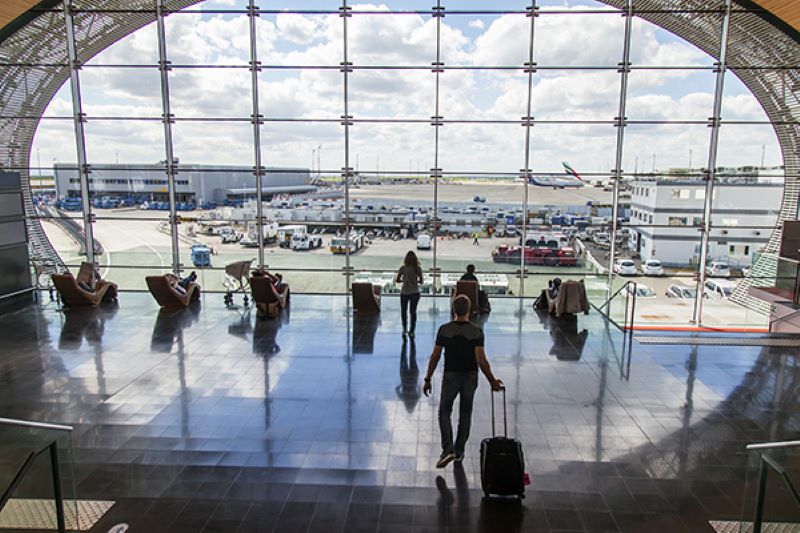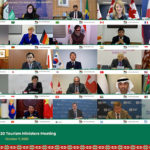
(TAN): New research from the World Travel & Tourism Council (WTTC) shows even a modest increase of just one million more international arrivals into Europe could generate an extra USD 0.48 billion in GDP.
This would provide a massive and much-needed economic boost for EU economies struggling to survive following the imposition of travel restrictions to combat the spread of coronavirus.
Many governments are evaluating reciprocal ‘travel corridors’, including the UK government and those in Europe which are under immense pressure, to enable holidaymakers to take summer holidays and prevent the collapse of the Travel & Tourism sector.
[ALSO READ: UNWTO members meet to restart tourism post lockdown in Asia and the Pacific]
WTTC, which represents the global Travel & Tourism private sector, has carried out an analysis that shows even relatively minor increases in travelling would bring significant economic and job benefits.
Gloria Guevara, WTTC President & CEO, said: “WTTC research makes it clear that even a modest resumption of travelling can have massive economic benefits and bring thousands of desperately needed jobs back; providing a critical boost for the struggling Travel & Tourism sector and generating desperately needed GDP for economies left floundering after being struck by the pandemic.”
So, for every 1% increase in international arrivals, a massive USD 7.23 billion in additional GDP would be generated. So, an increase of 100 million international arrivals – equivalent to an increase of 6.7% – would result in around USD 48 billion in additional GDP. This refers to international arrivals starting from both within and outside of Europe.
[ALSO READ: Finnair Reopens Helsinki Schengen Lounge, Announces Other Service Changes from July]
“We know restarting the Travel & Tourism sector is a huge challenge, but the economy can be restarted while also prioritising and protecting the health of travellers and those who work in the sector. It is vital that governments ensure that the right measures are in place, such as protocols and a comprehensive testing and tracing programme,” Guevara said.
“We encourage governments to do all that they can to ease the lockdowns and travel restrictions to allow the resumption of responsible travelling. Guided by WTTC’s Safe and Seamless Travel initiative, it should include testing and tracing, consistent with advice from WHO and local health authorities. Together, we can control and reduce the spread of COVID-19 and at the same time protect public health and bring confidence back to travellers and to the wider travel sector,” Guevara added.
WTTC’s Safe Travels Protocols were developed for businesses across the global Travel & Tourism sector, which provided a comprehensive range of measures, with strict health and hygiene regimes to enable them to reopen for business.




